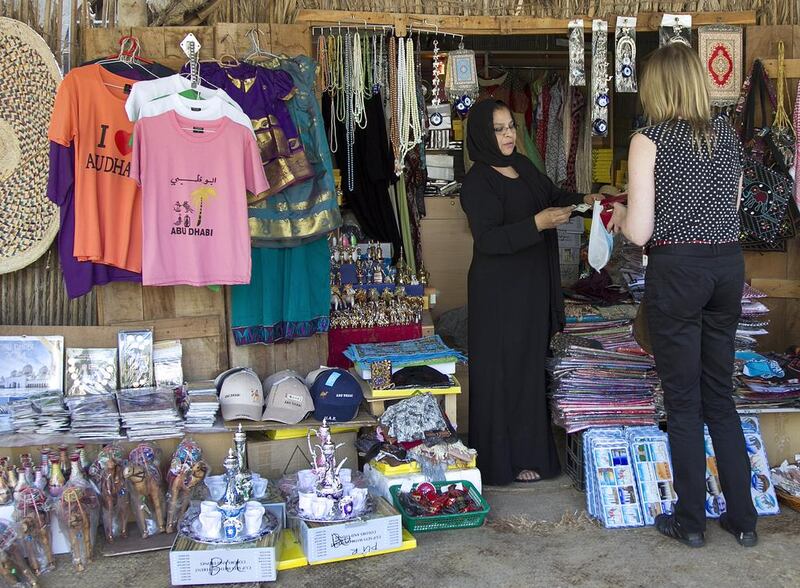Business activity expansion in the UAE private sector climbed to a four-month high last month, underlining the economy's resilience to more sluggish conditions in other emerging markets.
The headline reading in HSBC's monthly purchasing managers' index, which measures output across non-oil manufacturing and services, nudged up to 57.7 points, compared to 57.3 the month before. A reading above 50 indicates growth in activity.
"The UAE economy is in its best condition in seven years," said Simon Williams, the chief economist for Middle East and North Africa at HSBC. "Output is building momentum, new orders are firm and inflation is only beginning to pick up."
One of the brightest spots within the data was the steep rise in output, with the pace of expansion accelerating to the highest since the survey began in August 2009. New order growth gained momentum, nearly touching a record high reached in November.
Businesses also added to their headcount during the month. The rate of job creation was little changed from the previous month, stretching employment growth to 27 months.
"Activity has been supported by an influx of tourists and the rebound in Dubai's real estate sector," Jason Tuvey, an assistant economist at Capital Economics ,wrote in a research note about the data.
Global business activity in recent months, as measured by the international PMI data, has frequently shown businesses in the UAE are managing to outperform those in other emerging markets. All the Brics (Brazil, Russia, India, China and South Africa) recorded scores below 52 last month, with activity in China's manufacturing sector dipping to an eight-month low of 48.
In China, in an effort to keep growth from falling below the official target for this year of 7.5 per cent, the premier Li Keqiang has unveiled a mini-stimulus plan, including tax breaks for small businesses and new housing projects.
Other PMI data released yesterday showed Saudi Arabia's headline score fell to 57 last month, its lowest level since October. Employment growth dipped for the first time in two-and-a-half years.
The figures suggested the pace of non-oil growth had slowed in the kingdom since the start of the year, according to Khatija Haque, a senior economist at Emirates NBD.
In Egypt, activity edged back into negative territory, with a reading of 49.8, a score reflecting the still fragile conditions since a revolution last summer that ousted the former president Mohammed Morsi.
Speaking on Wednesday, Christine Lagarde, the IMF managing director, acknowledged that growth rates in emerging markets were slowing, while the overall global outlook was still fragile.
"The global economy is turning the corner of the Great Recession, although overall growth remains too slow and weak," said Ms Lagarde during a speech in Washington.
"Unless countries come together to take the right kind of policy measures, we could be facing years of slow and subpar growth - well below the solid, sustainable growth that is needed to create enough jobs and improve living standards into the future."
tarnold@thenational.ae
Follow us on Twitter @Ind_Insights
UAE private sector activity at four-month high
The headline reading in HSBC's monthly purchasing managers' index, which measures output across non-oil manufacturing and services, nudged up to 57.7 points, compared to 57.3 the month before.

Editor's picks
More from the national




